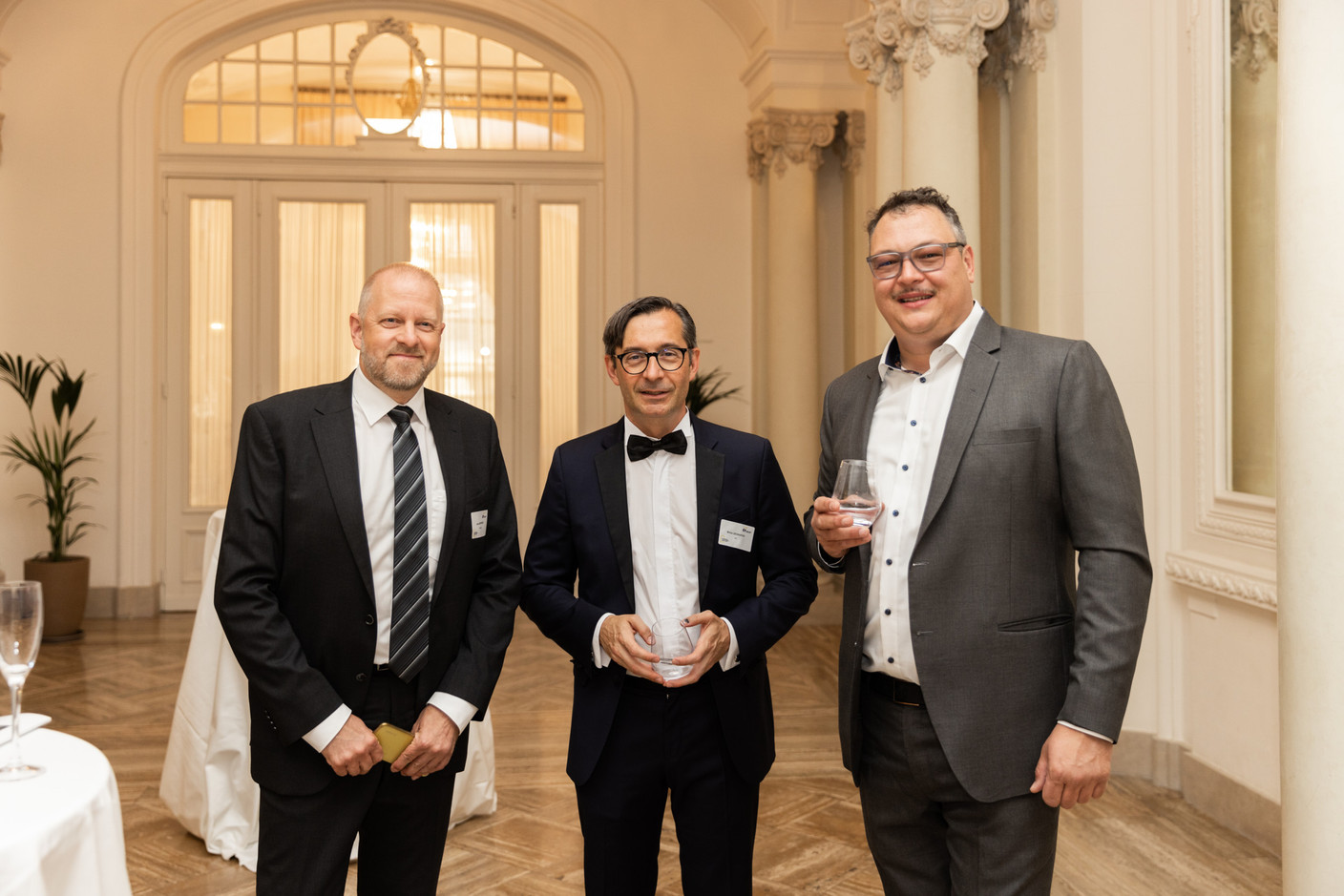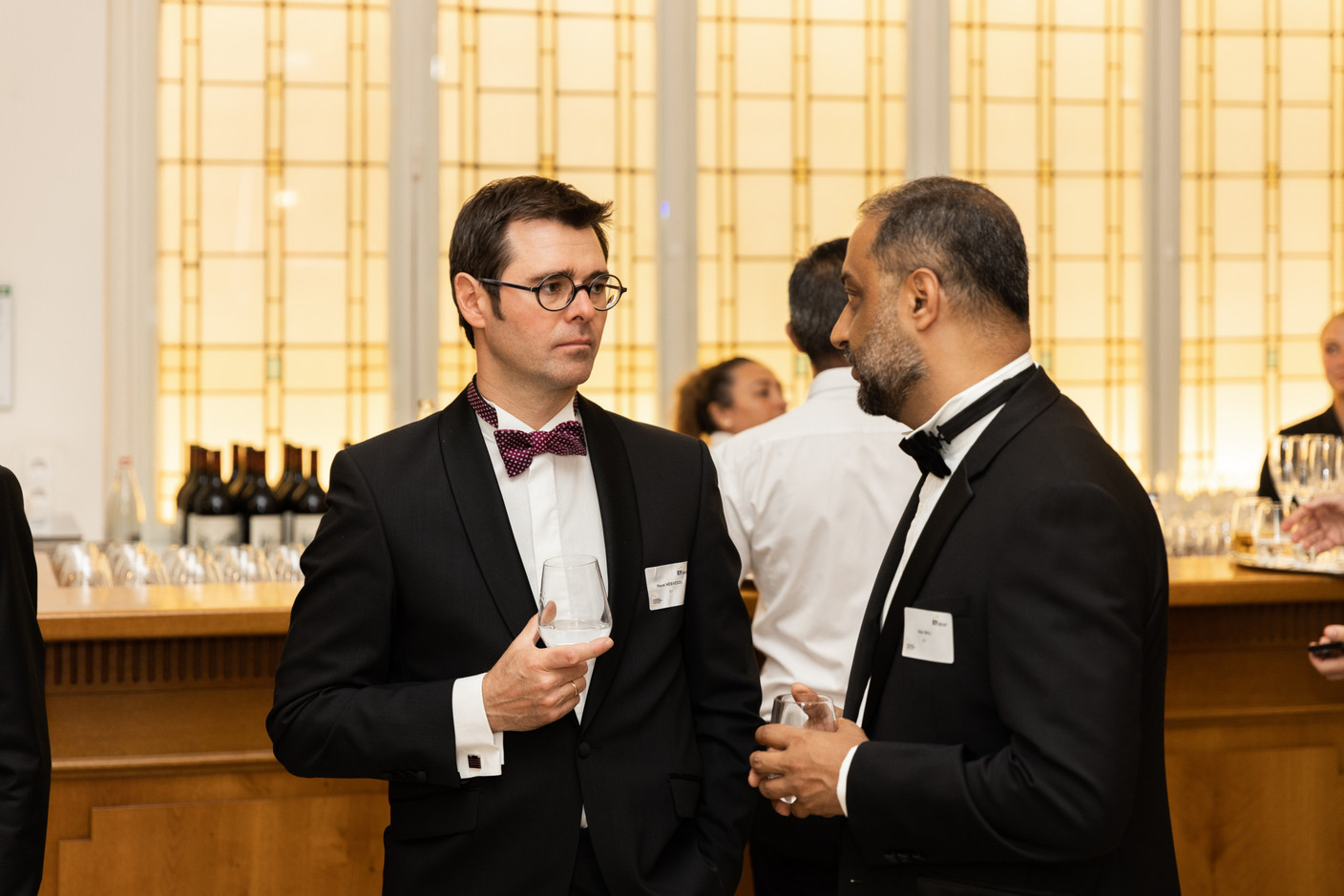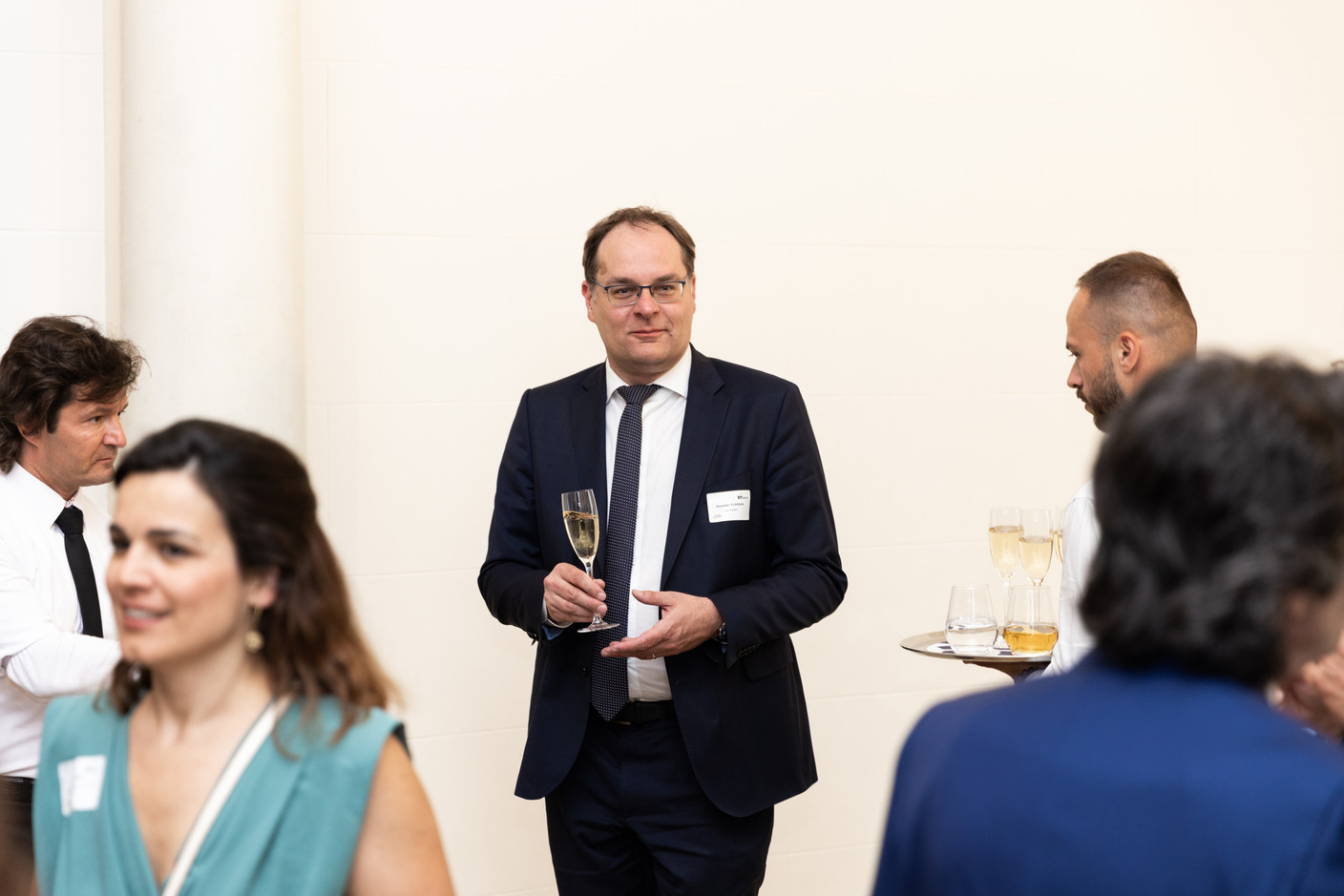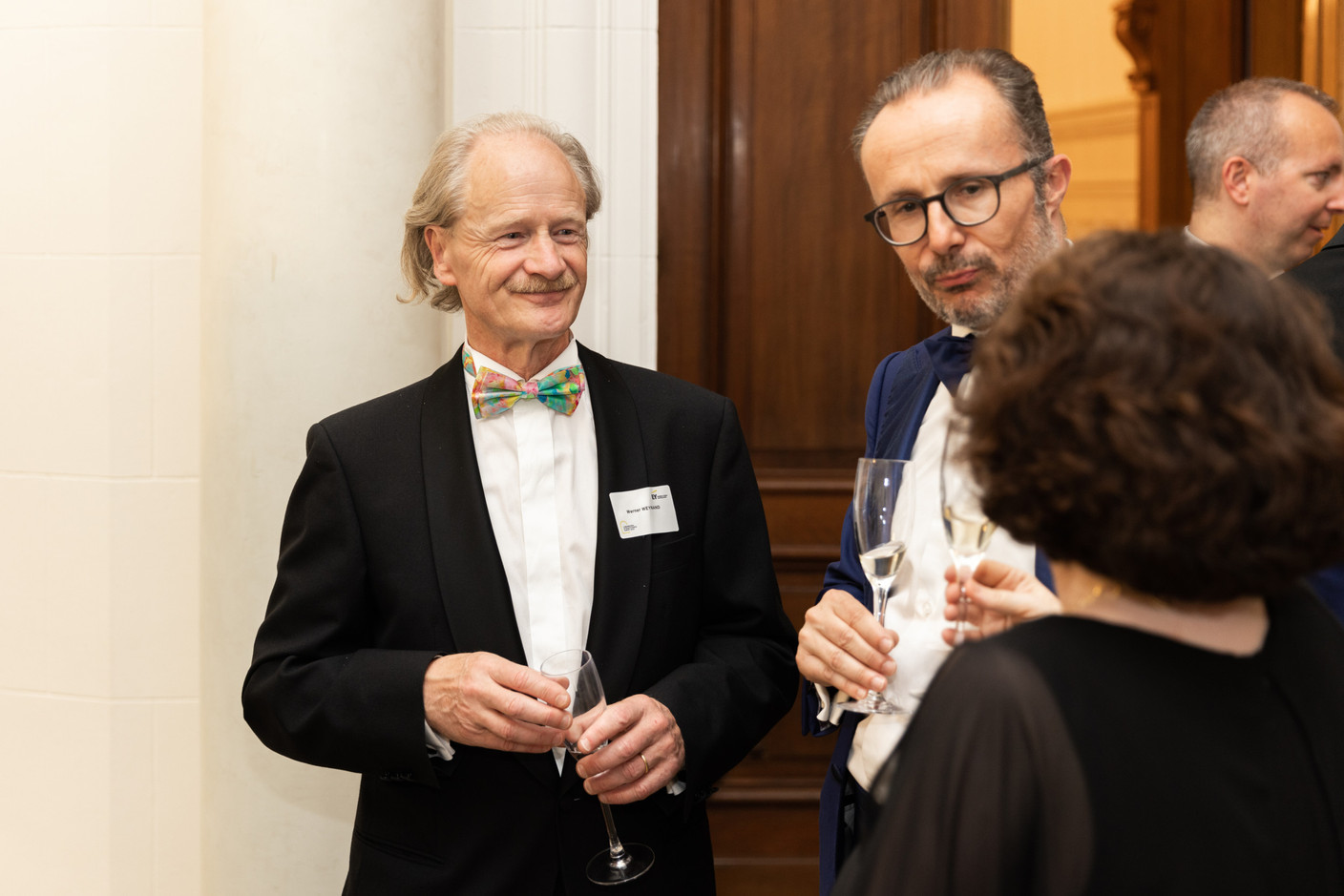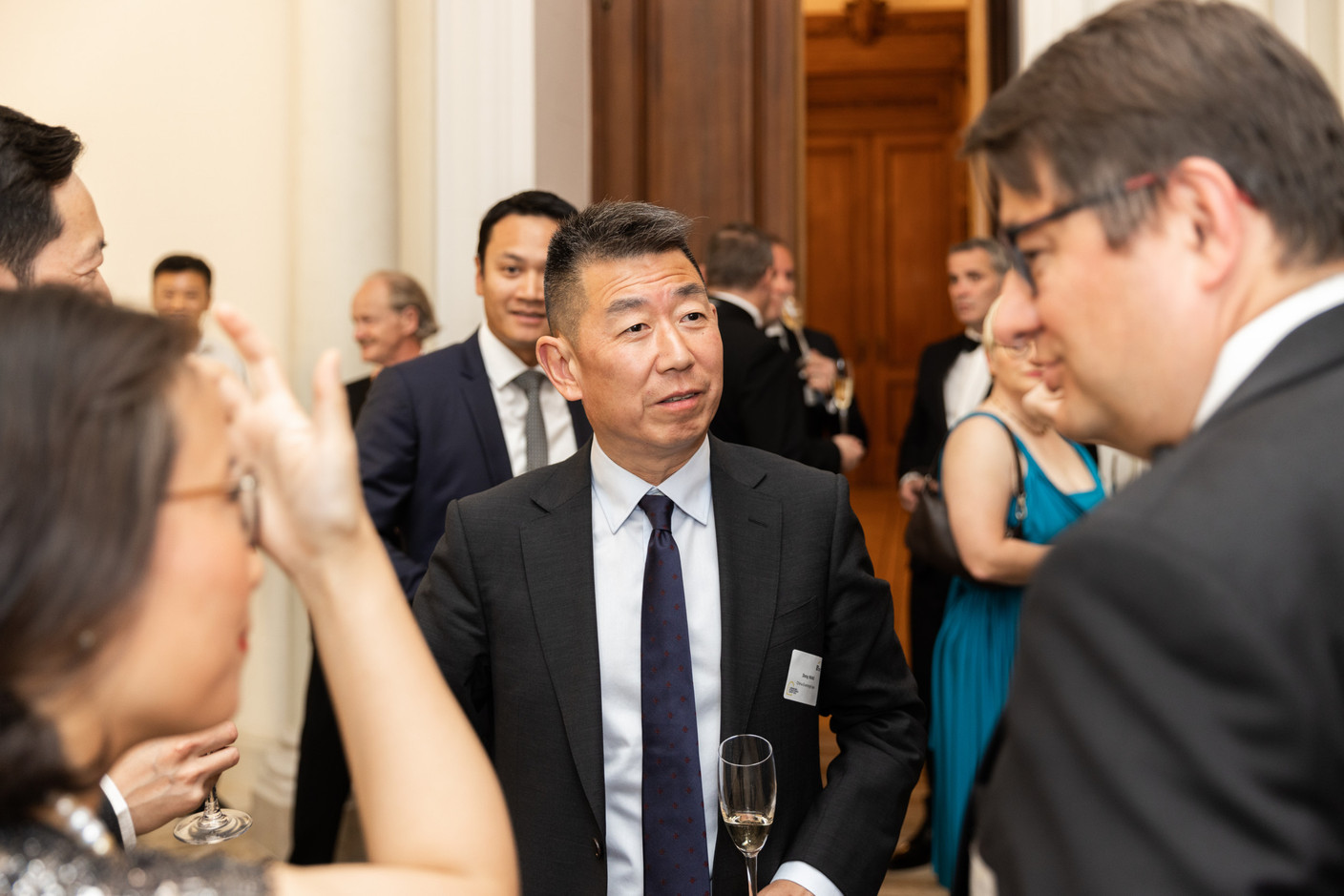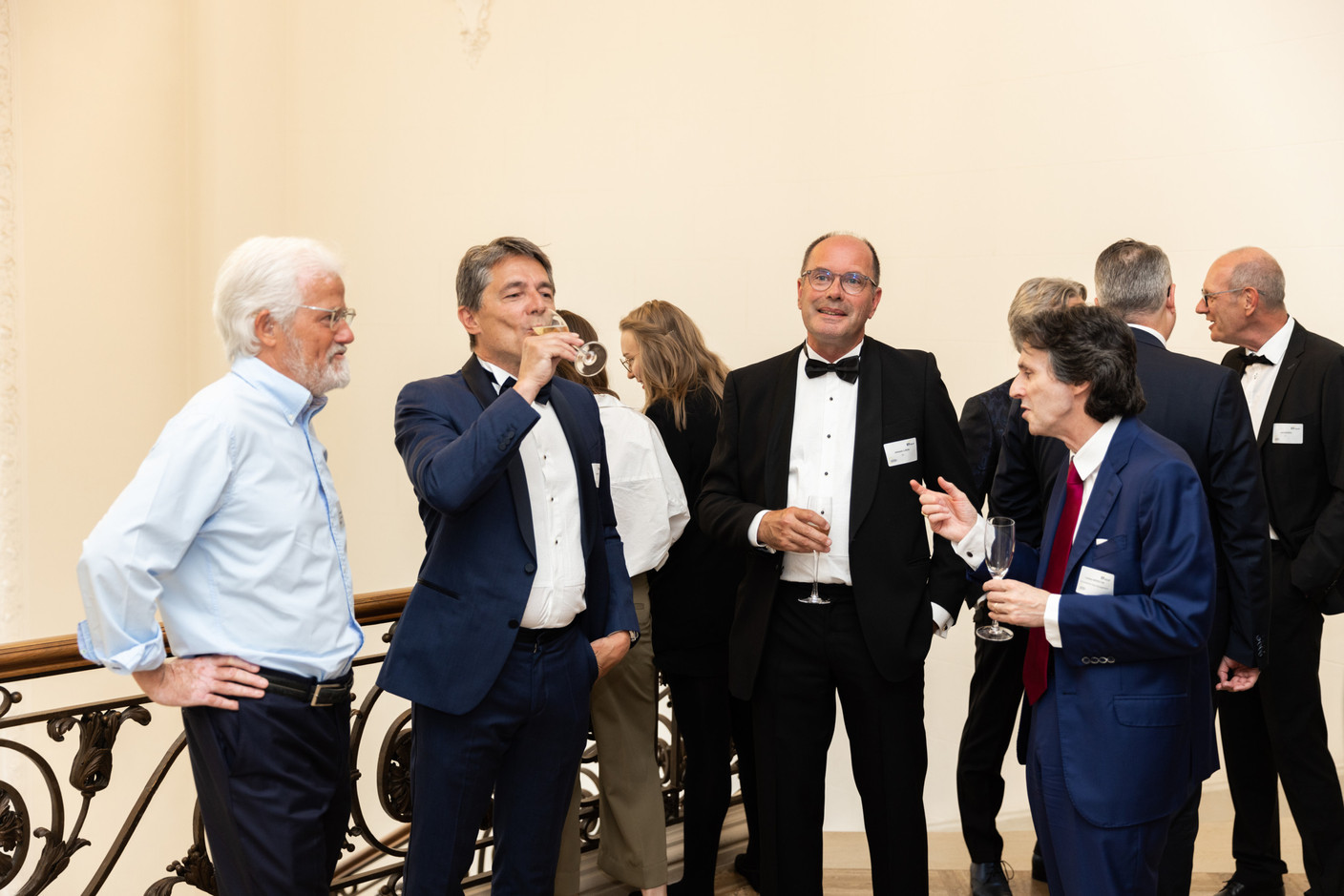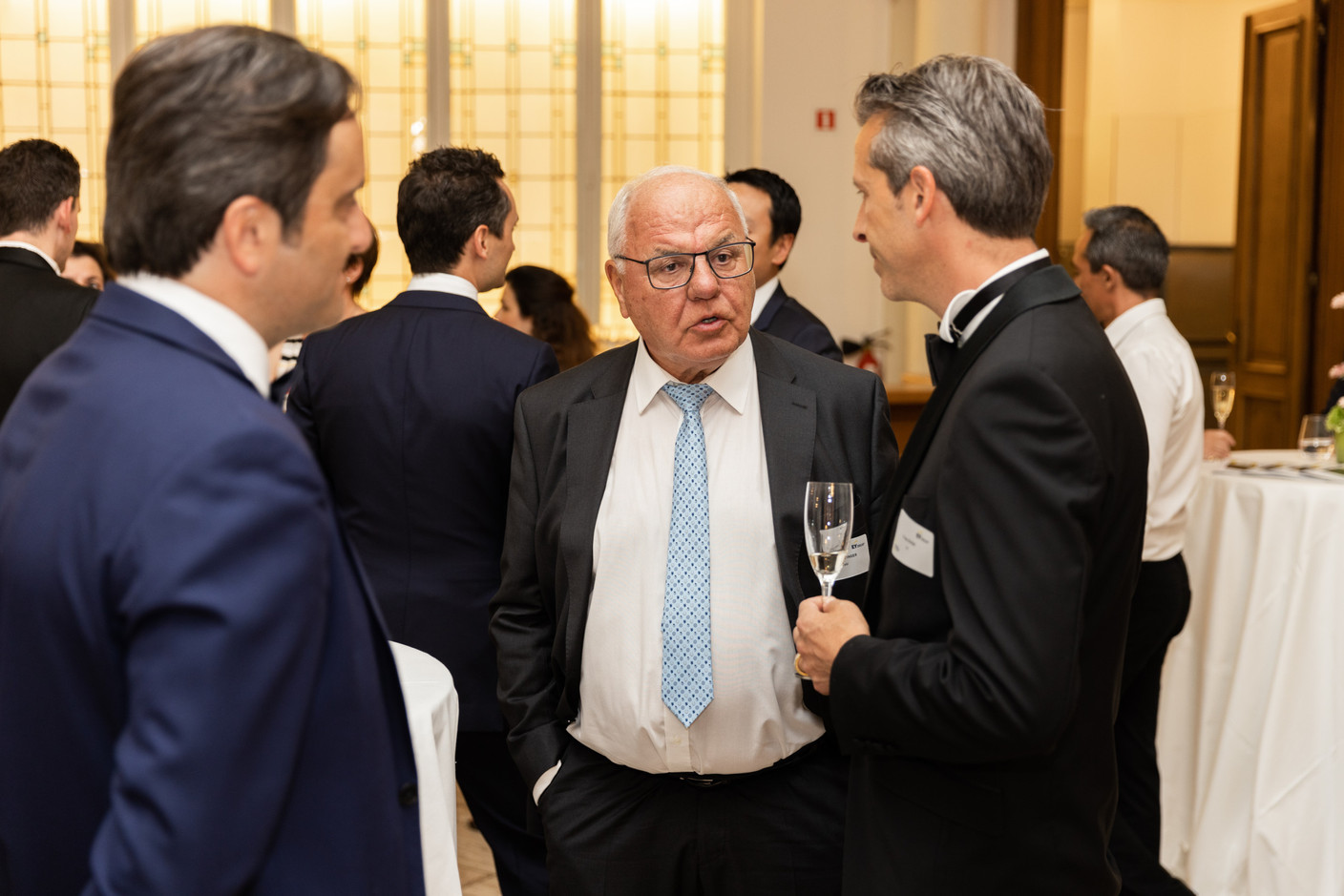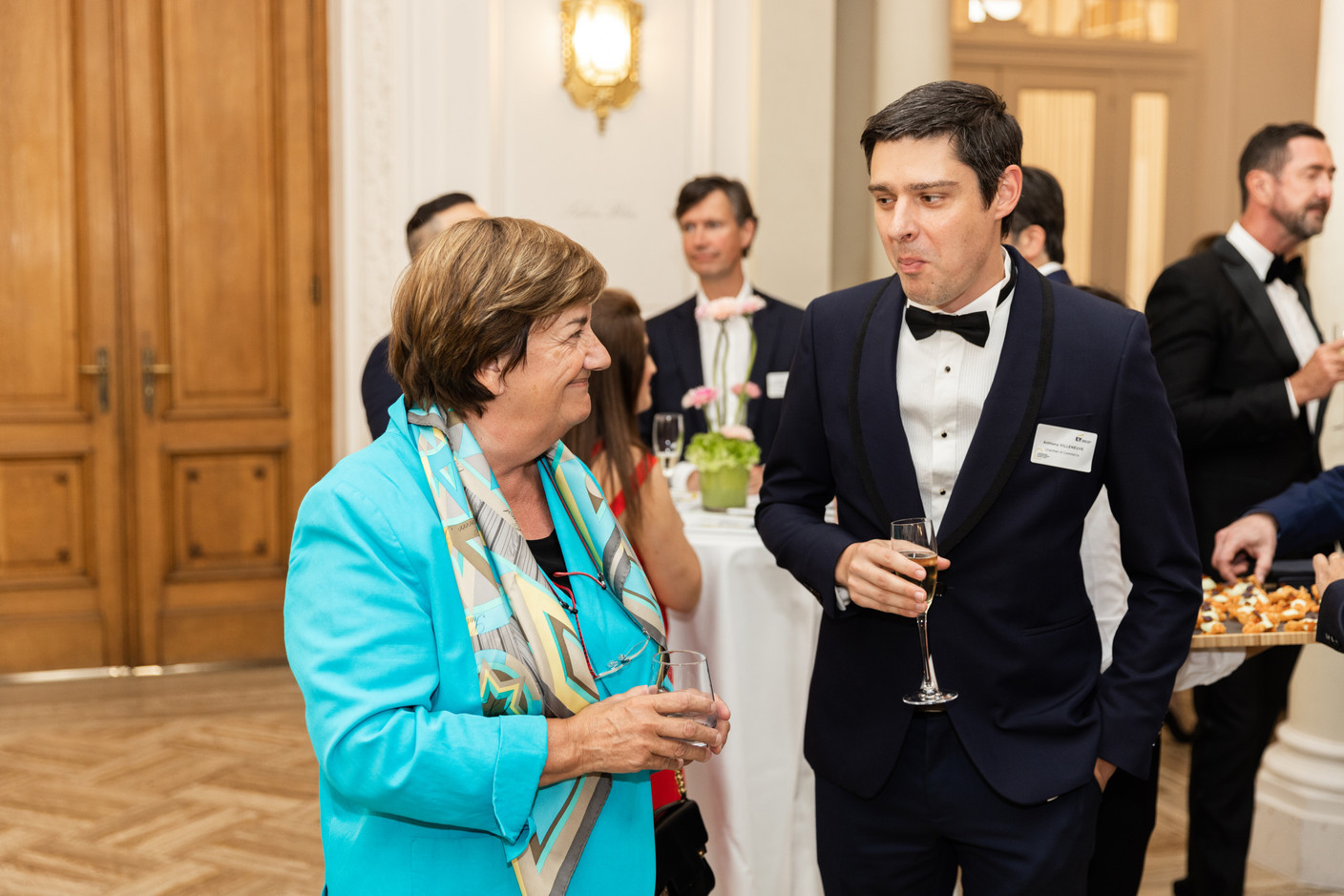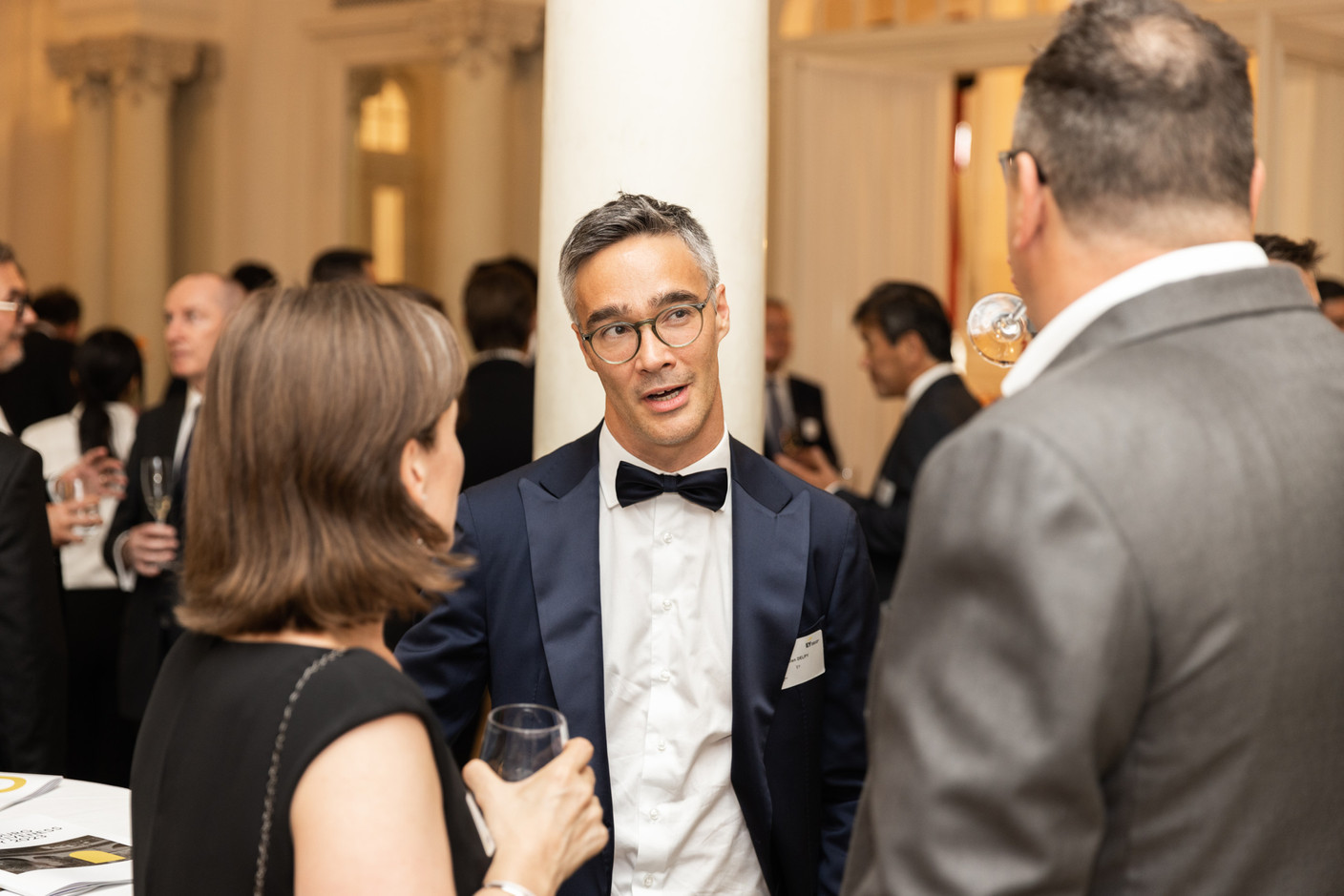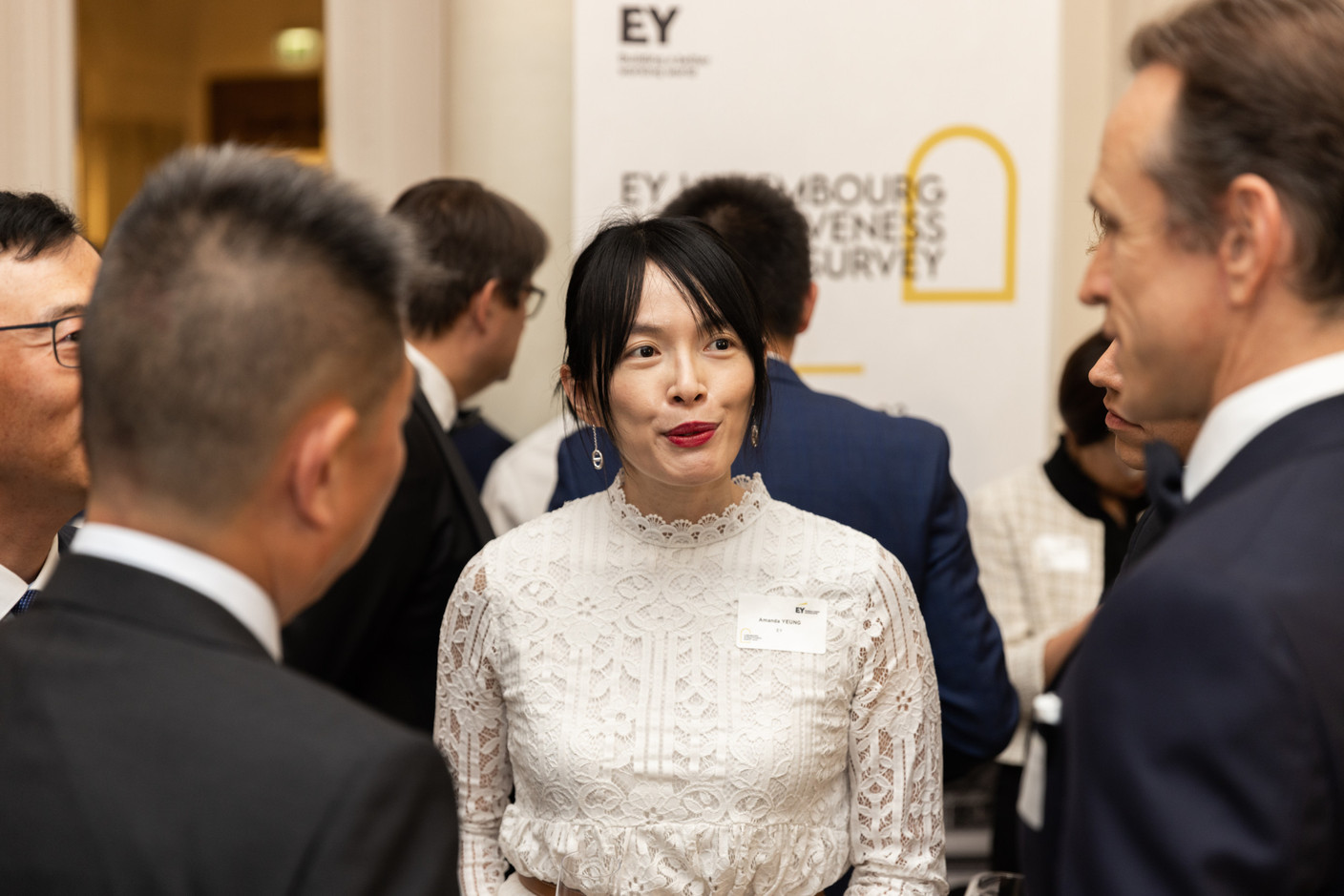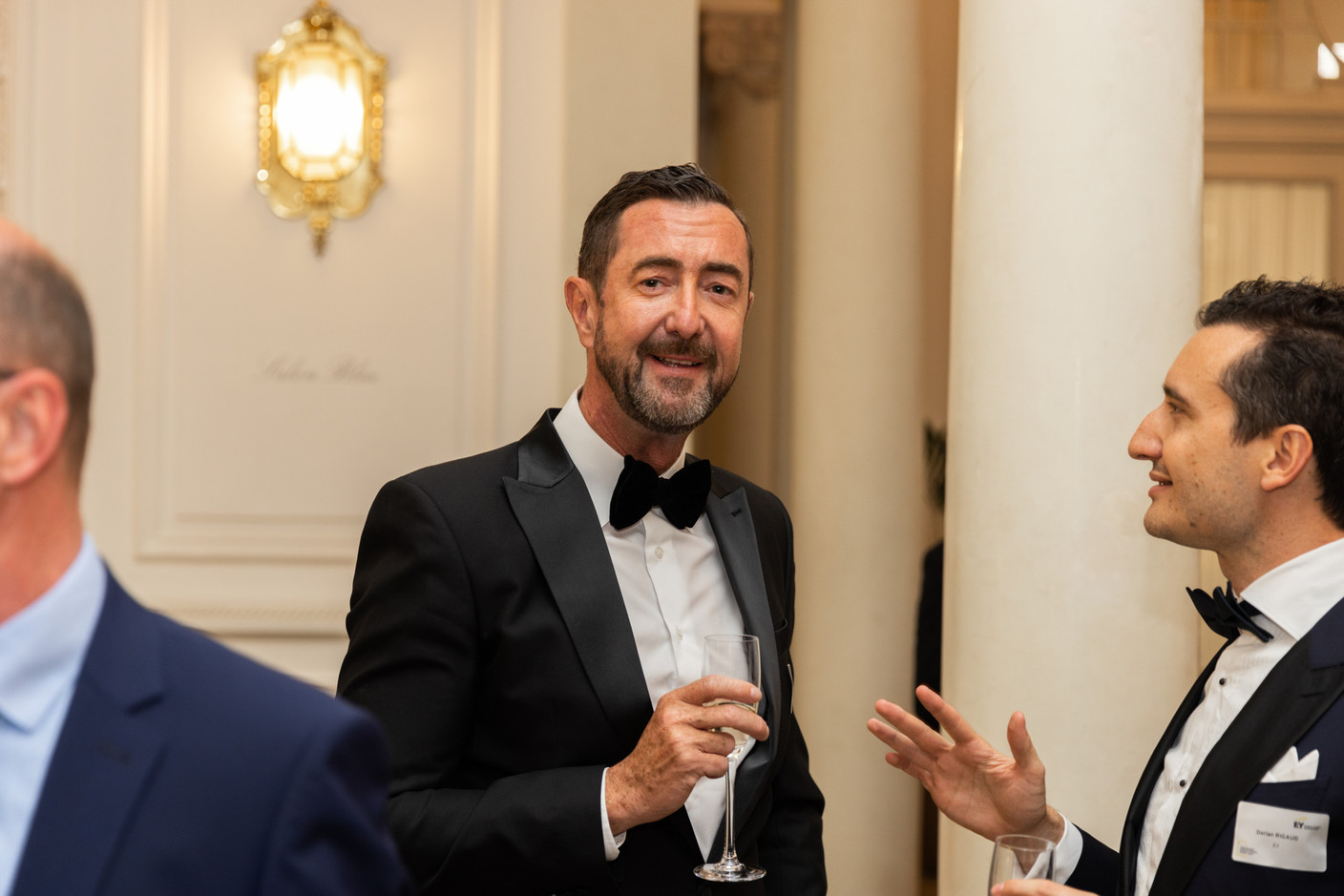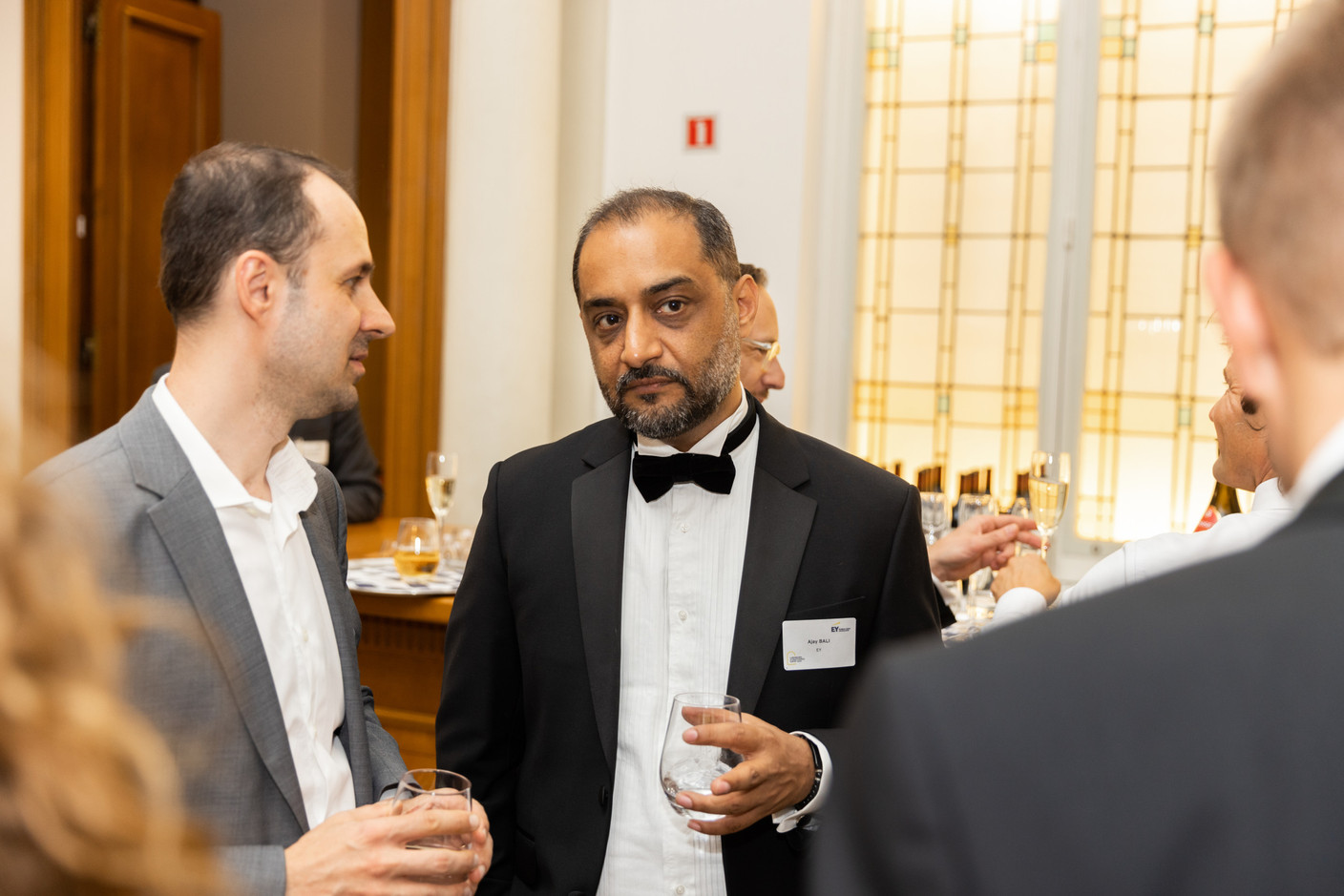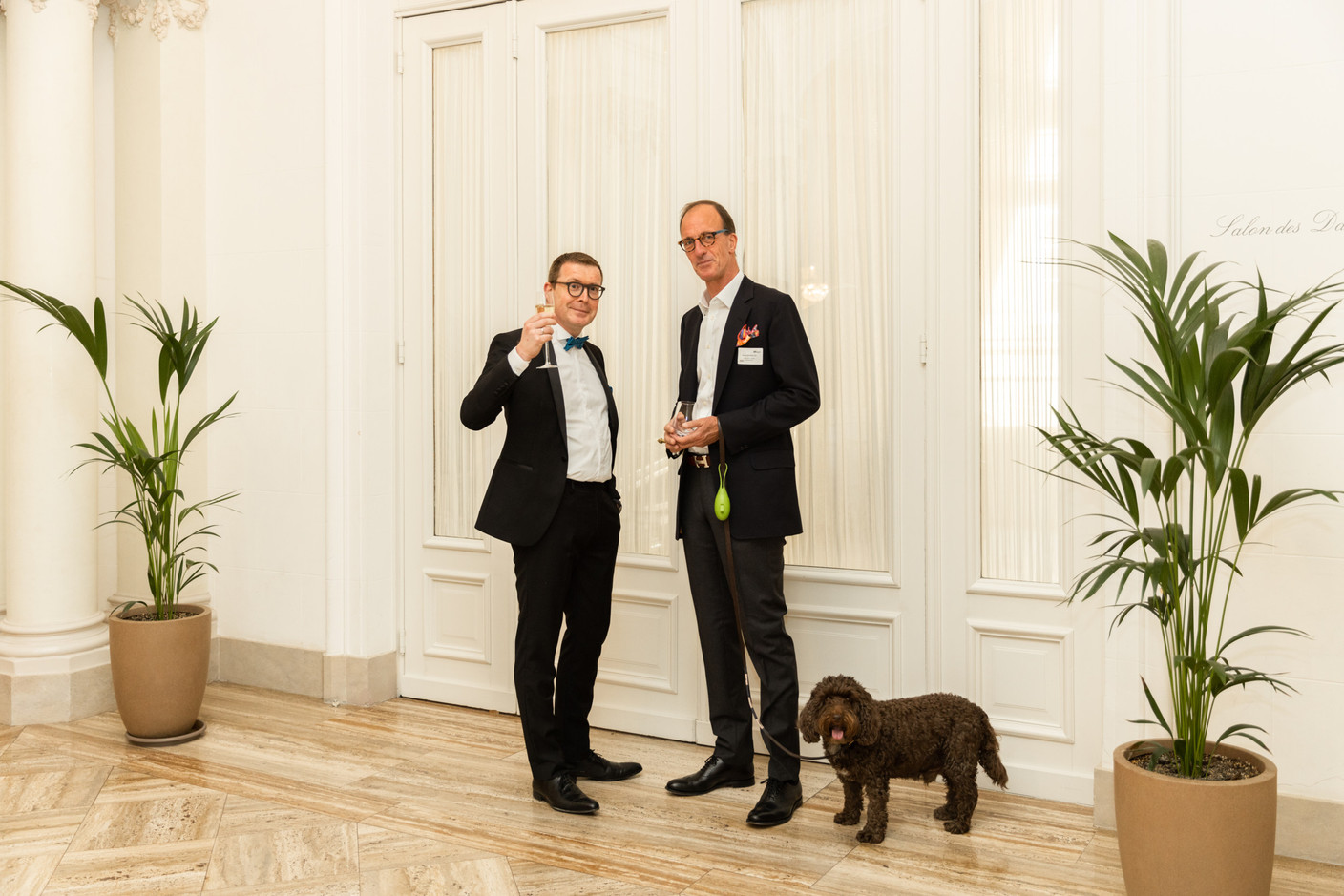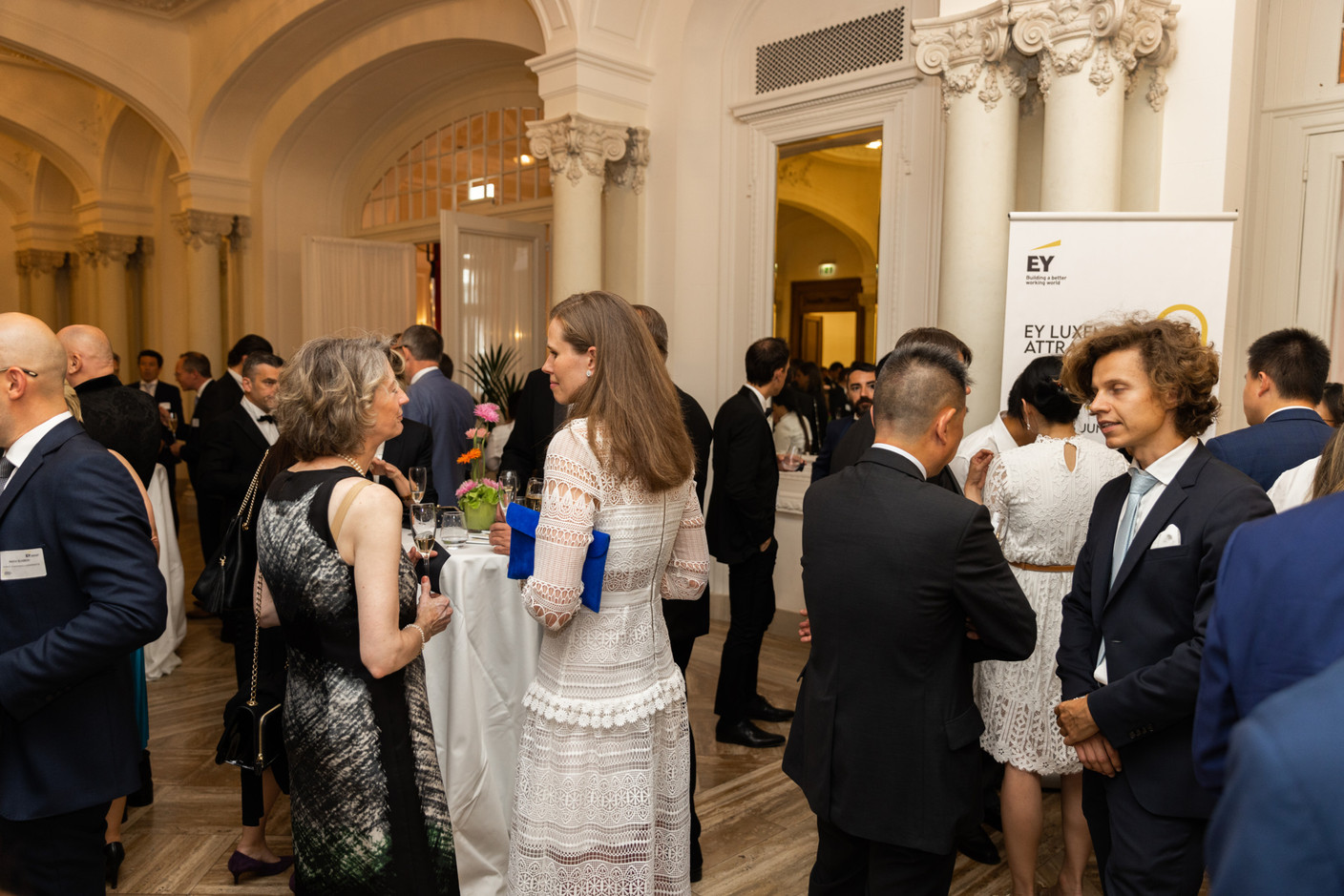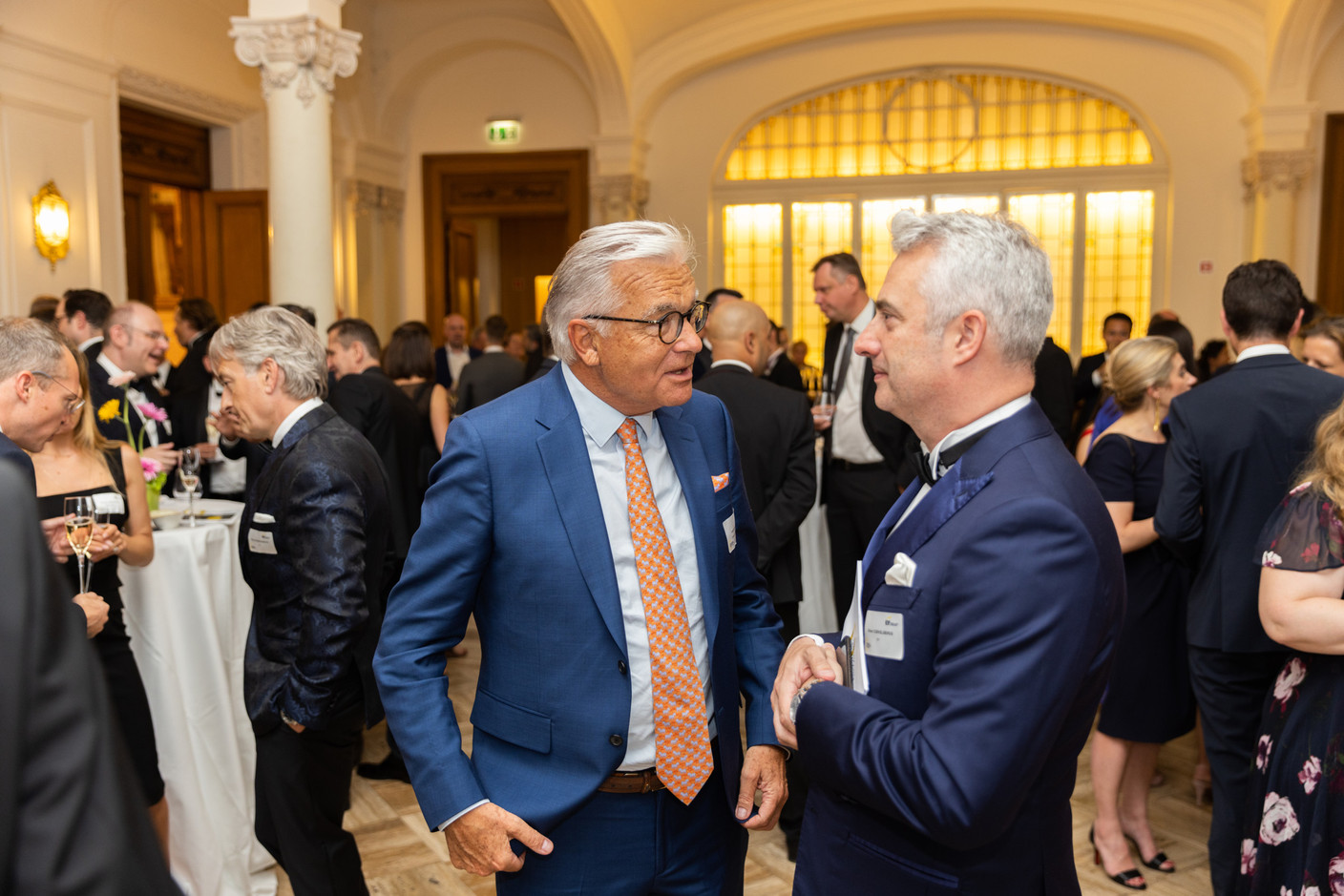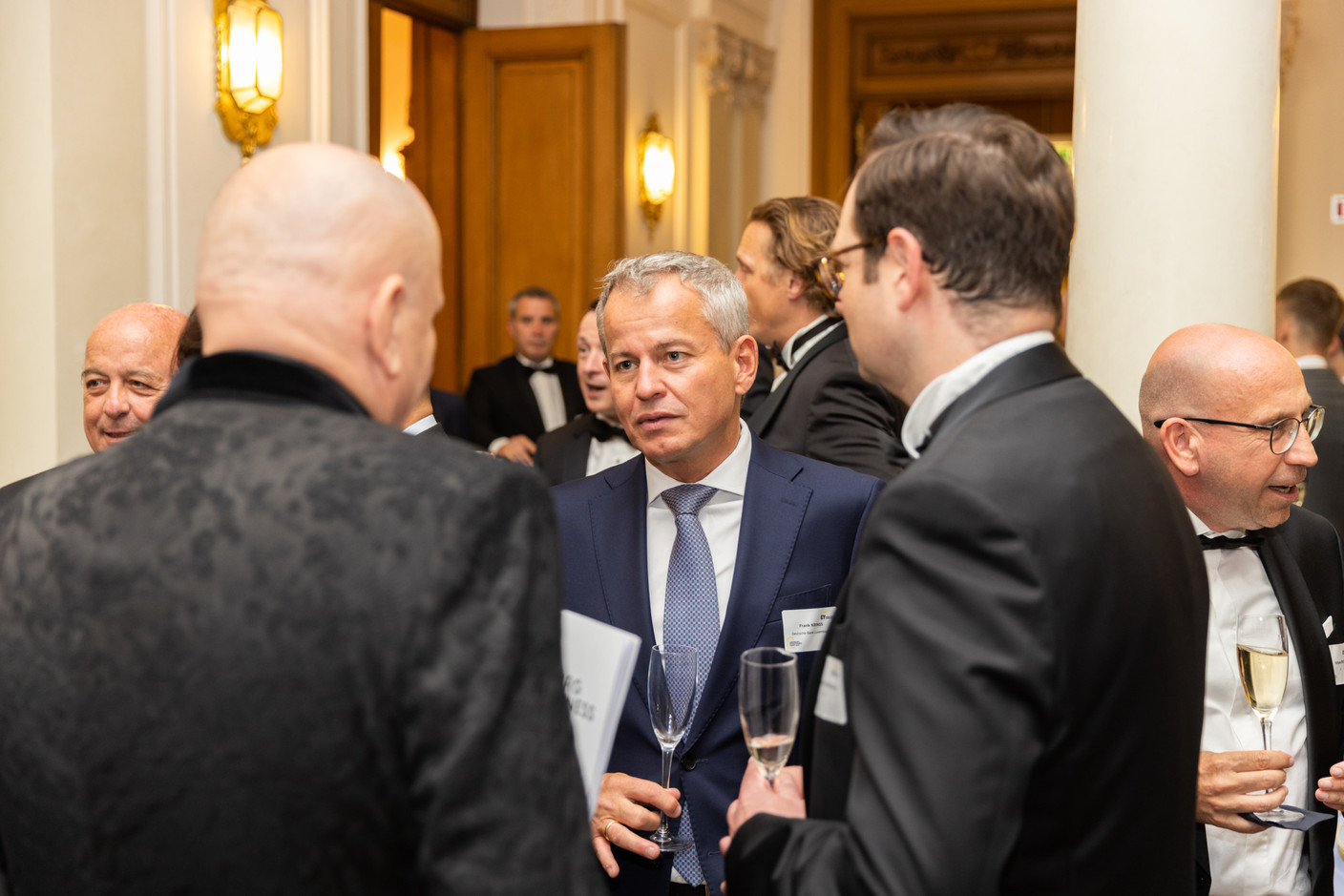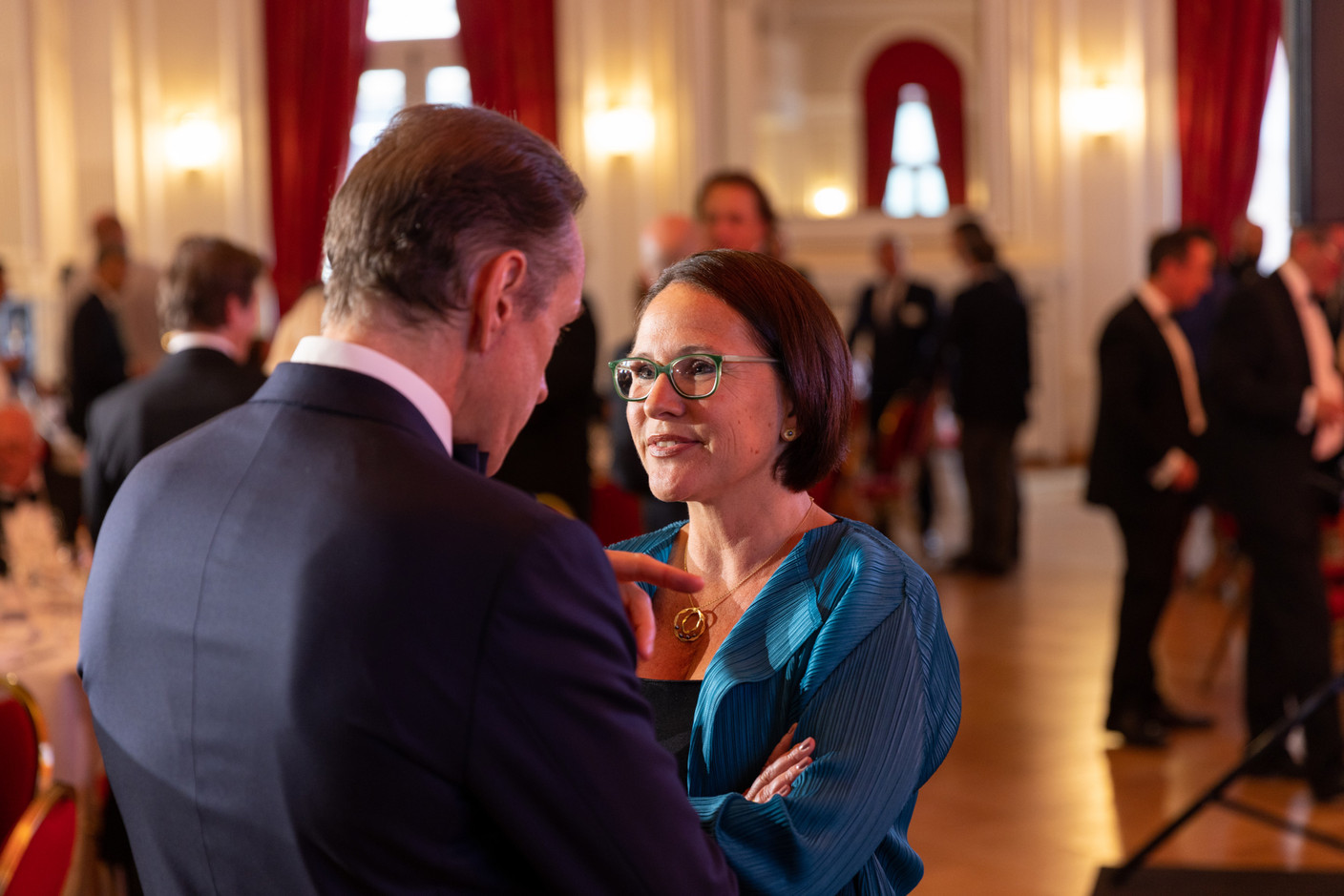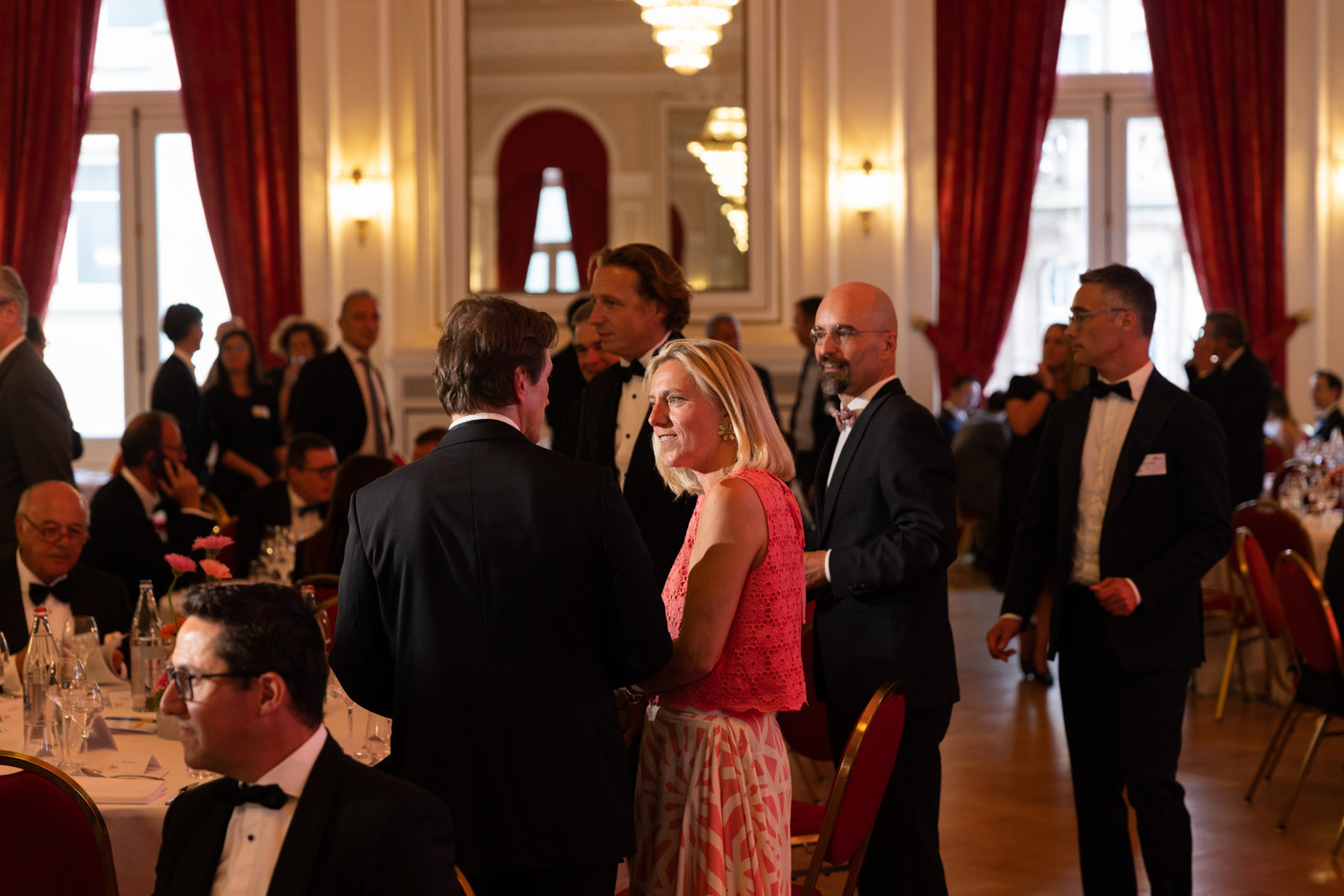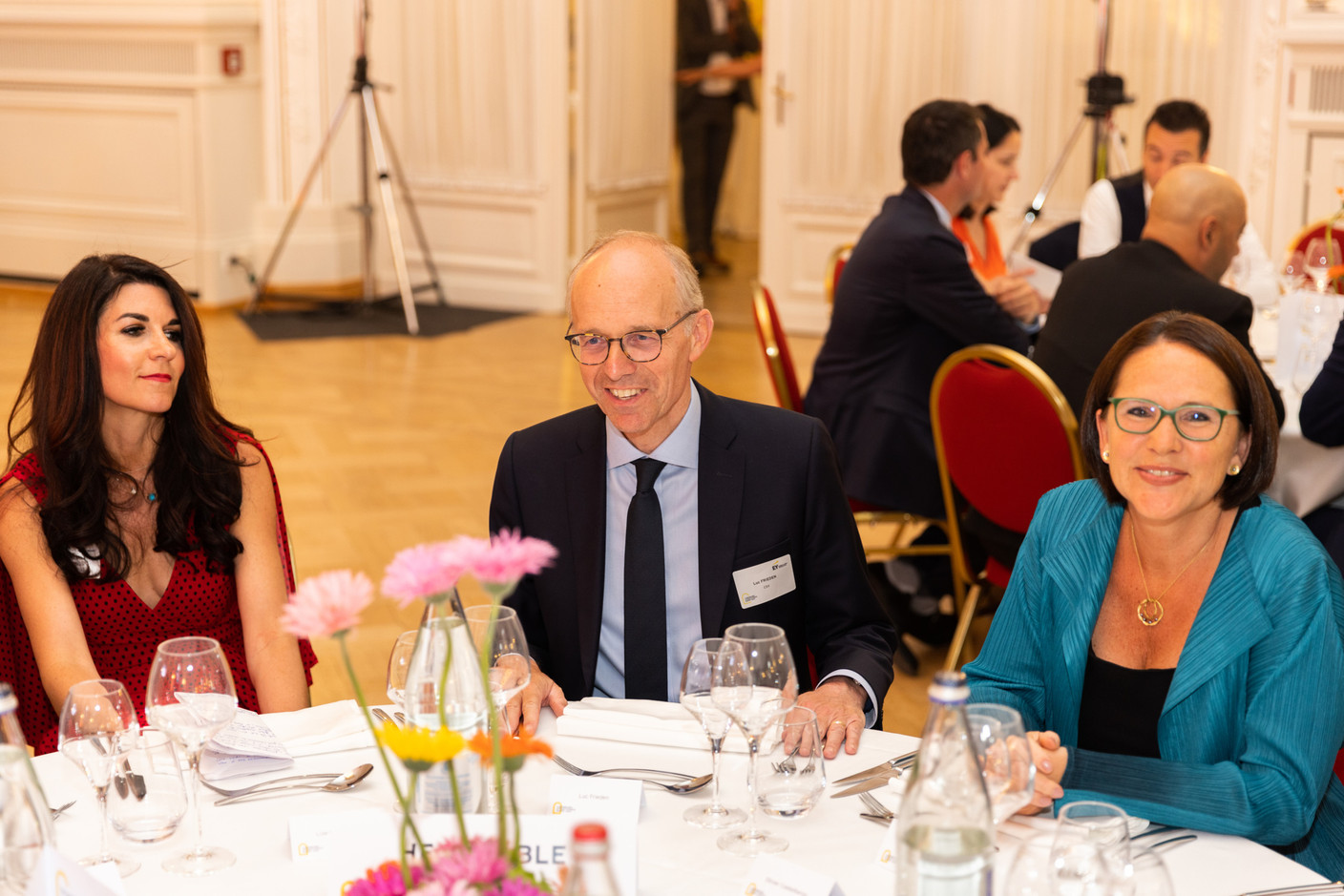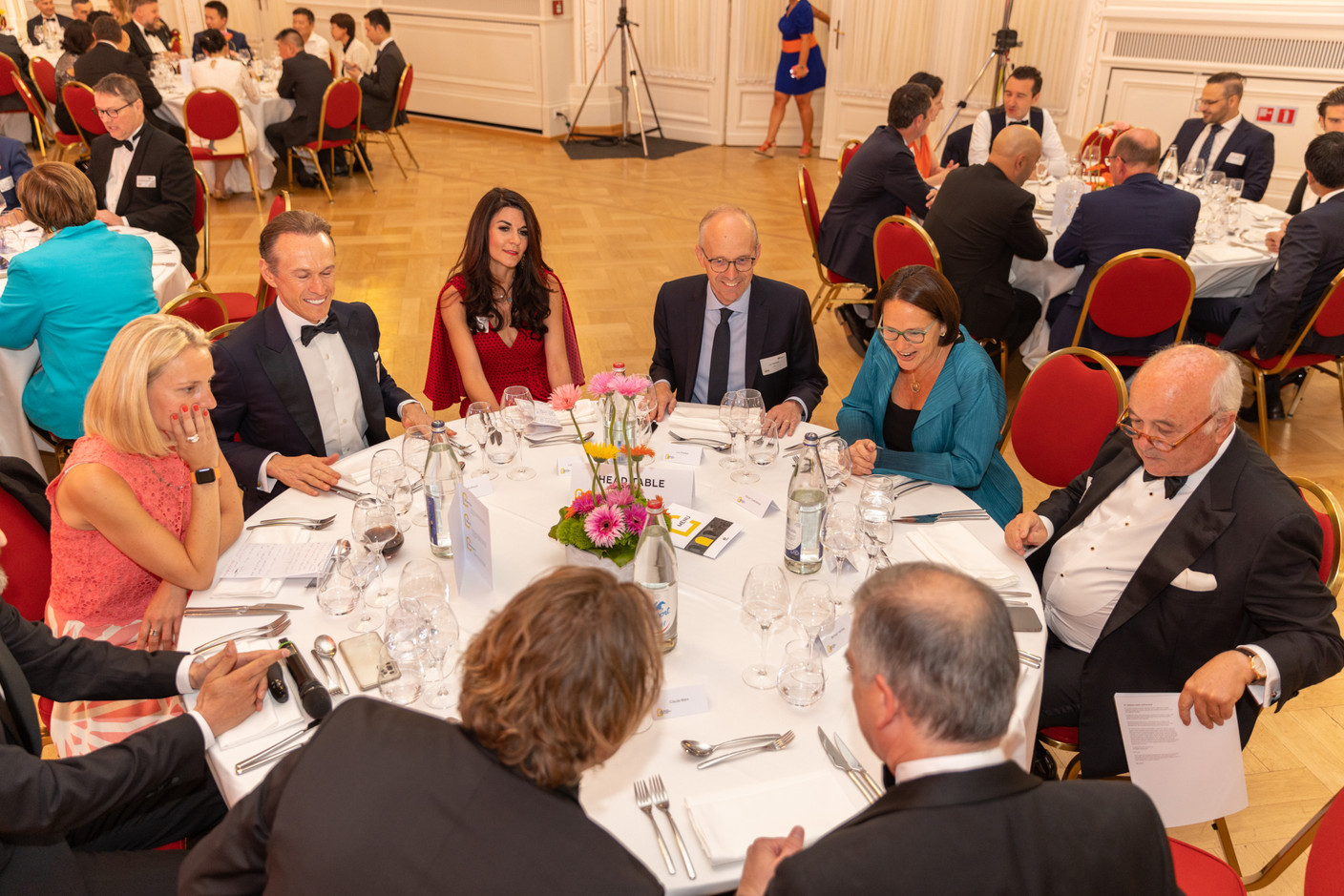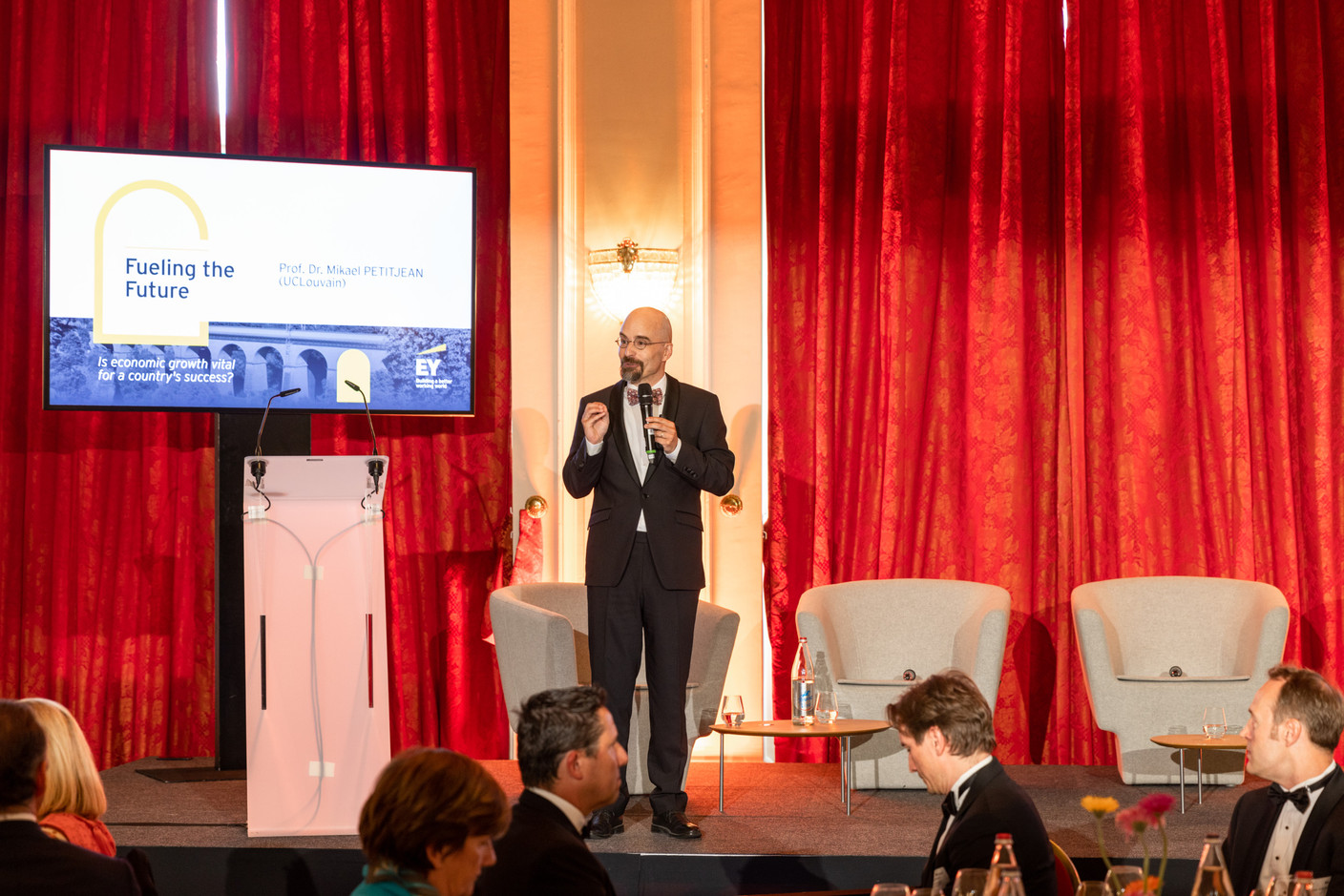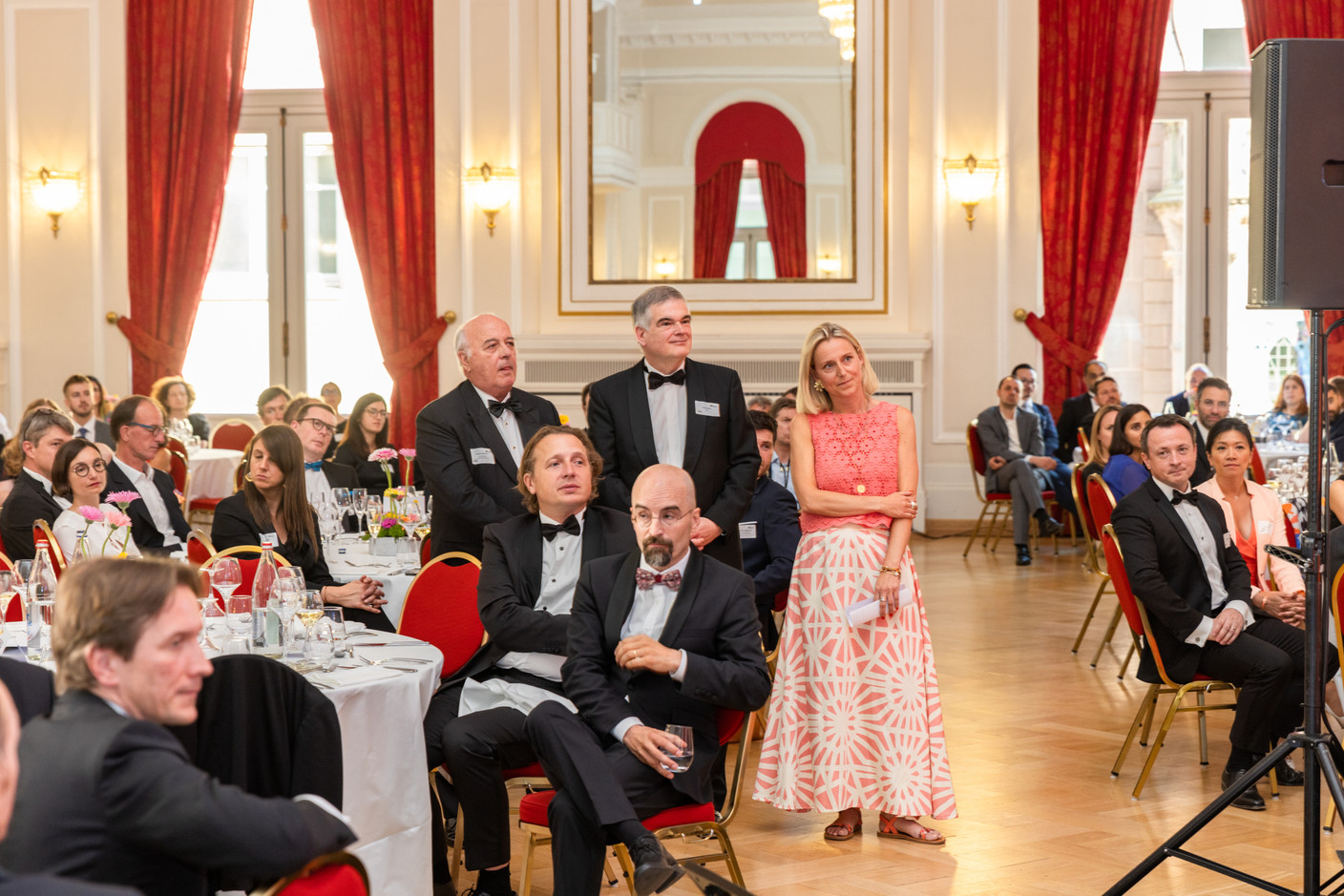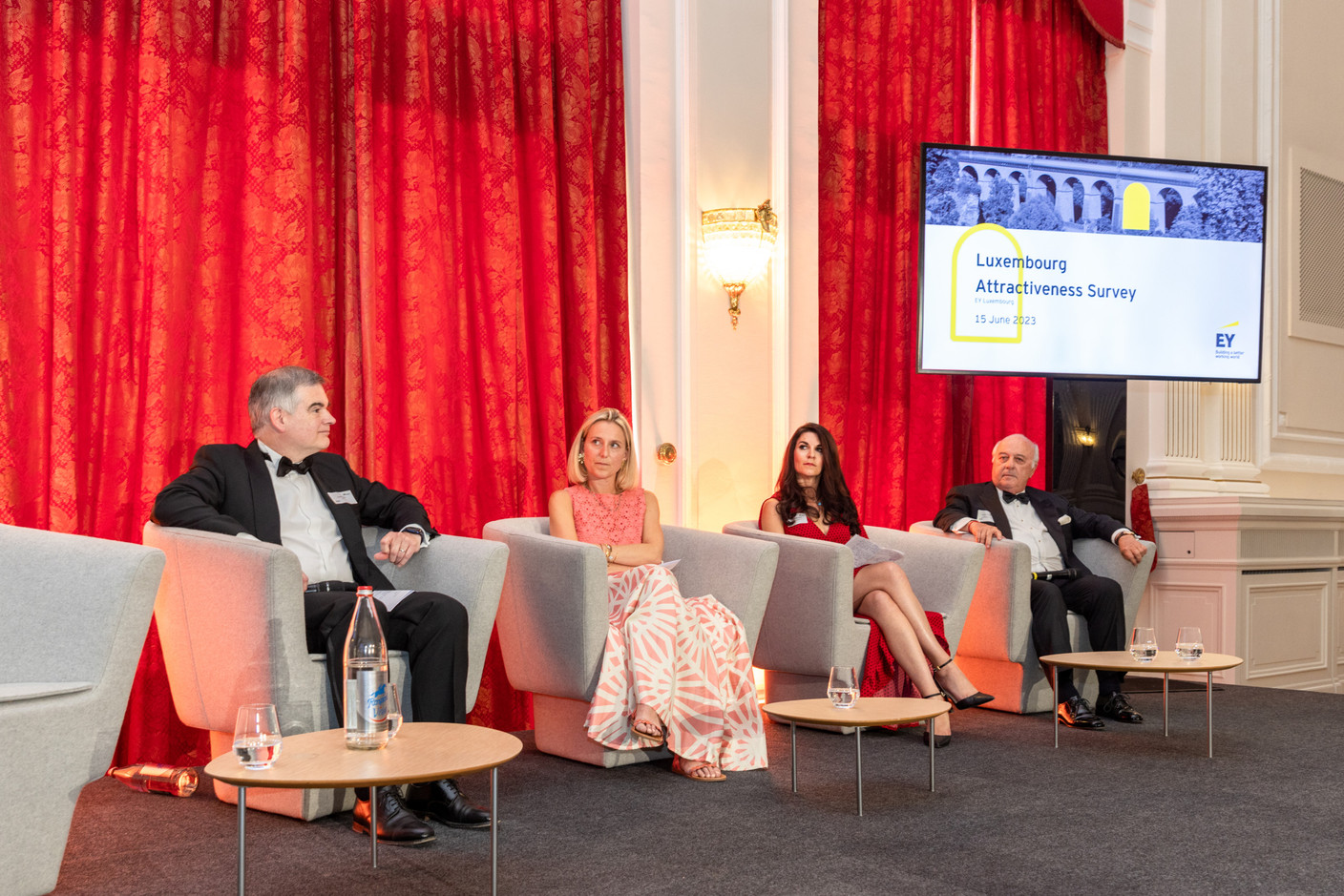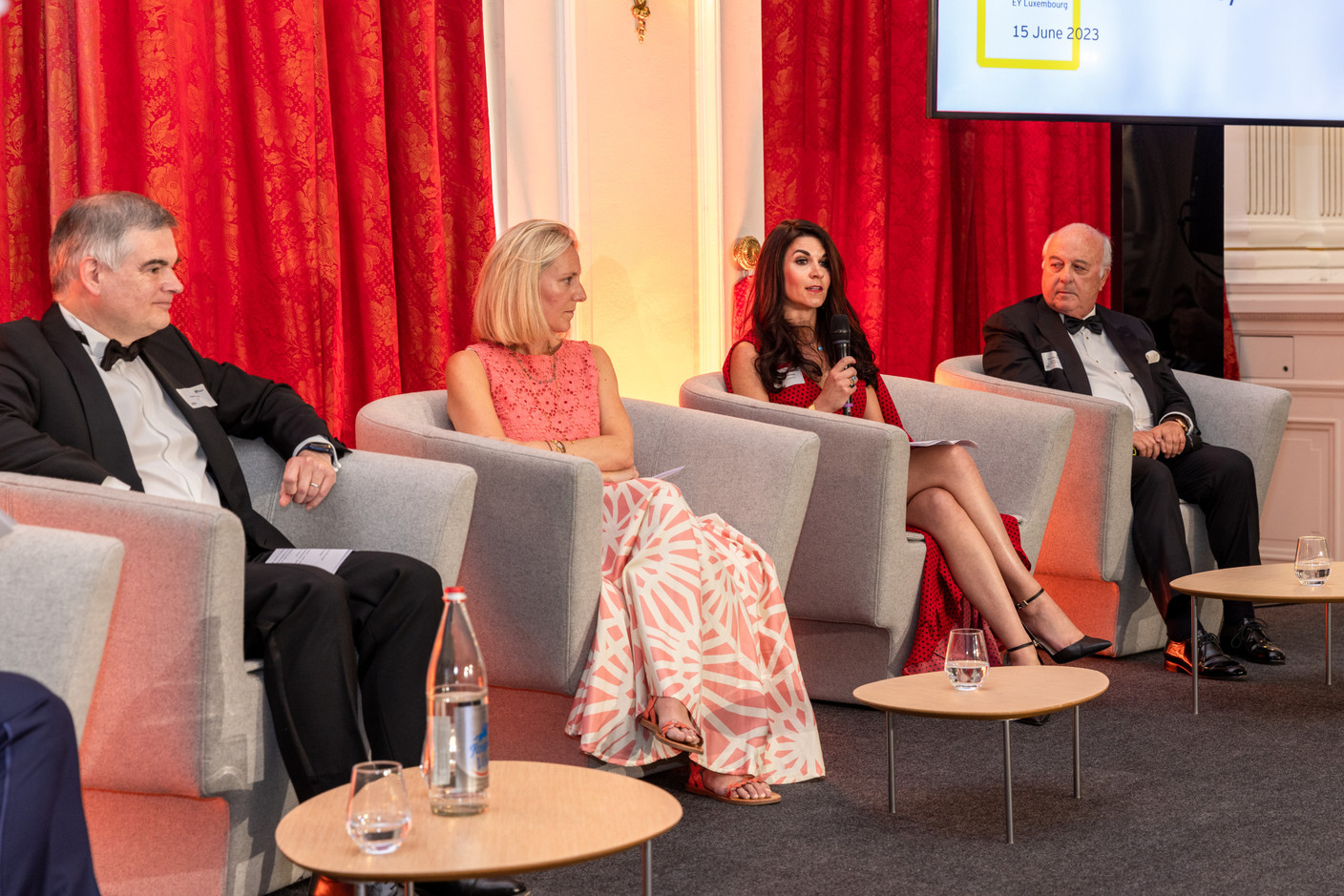The 2023 edition of the , presented by EY Luxembourg on 15 June, focuses on factors that influence investment decisions in the grand duchy. With 67% of investors saying they plan to invest in Europe in the next 12 months, the inclination to invest in the region is at its highest in 20 years. 46% say they plan to invest in Luxembourg, making the grand duchy the eighth most attractive country for investment in Europe.
Tax and talent were named in the report as two key “ingredients” for attracting foreign investment, and were covered extensively during a panel discussion that featured (director general, CSSF), (CEO, Fischer), (general manager Luxembourg/global CFO, Swiss Re), (serial entrepreneur) and was moderated by (country managing partner, EY Luxembourg).
“Small country with big dreams”
Swiss Re, a global re-insurer, established its presence in Luxembourg in 2007, began Lize-Mari Barnes, relocating people to Luxembourg and adding underwriting activities. So, why did they decide to come to Luxembourg?
“We saw a small country with big dreams that was very open to large international players entering this market and contributing to the growth of this country,” said Barnes. “We also interacted with a regulator that is open-minded, business-focused, flexible, acts with speed, and has a deep, deep knowledge.”
In terms of key success factors for the country’s future, “Luxembourg needs to maintain the edge in the regulatory environment with the items that I mentioned,” she added. “It’s really important for us that the regulators help us to be influential at European level, especially in Brussels, where all the regulation is written.”
“Furthermore, it’s really important for us to increase operations and real business activities in this country, that Luxembourg attracts and provides incentives for real business.” The grand duchy has plenty of advantages--it’s multilingual, agile, and centrally located--but it will be key to think about incentives for true business growth.
Key challenges for industry: land, labour and energy
For the respondents in EY’s survey, Luxembourg should concentrate its efforts on support for high-tech industries and innovation (cited by 40.4%) and support for small and medium-sized businesses (36.4%) in order to remain competitive. Moving forward, what are the challenges associated with industry, Coekelbergs asked.
“Today, we have to say that the industry situation is quite complicated,” replied Carole Muller. “Land is very expensive in Luxembourg, and to develop an industry, you need land.” Authorisations that are granted quickly should be the norm and not the exception, she added, offering examples that took place during the pandemic.
Labour is another challenge in Luxembourg. “We don’t attract enough people. The greater region is not enough anymore--we have to go further. But those people have to find a place where to live. And today, housing is very expensive.” With the lack of construction, this is going to get even more complicated.
“We talk a lot about work-life balance,” Muller continued. “But what we forget between ‘life’ and ‘work’ is the traffic.” Commutes are becoming longer and longer, and new mobility solutions must be considered, in particular for industries that are not located in city centres.
Energy--and the rising price of electricity--was another point that Muller brought up. Luxembourg relies on international markets for its energy supply. To prevent countries from establishing their industrial businesses in other countries where electricity prices are not as high, Luxembourg needs a strategic framework.
Must “embrace” green finance, digitalisation
The financial sector plays a crucial role in Luxembourg, and new fintechs are emerging as well, said Coekelbergs. What will the financial sector look like in five years?
For Marx, the consolidation of banks will continue. “If we do it well, the amount of business we do here will continue to be successful and will continue to grow.” He doesn’t expect to see fintechs replacing banks. “It’s going to be banks buying fintech capability or developing fintech capability here.”
Read also
“We are going to have to embrace green finance as well. Those who do it will be fine, and those who won’t do it, won’t be fine. It’s very simple. The same goes for digitalisation,” said Marx. “Five years from now, those that want to be successful will have to have technology specialists and green finance specialists on their board of directors. We have to have this in the c-suite, and my wish is that we will also have much more diversified management boards, executive boards.”
“Regulation five years from now is not going to be less,” he added. “It’s sensible to have regulation; not all regulation is sensible. But we need to apply it.”
Is Ireland the grand duchy’s main competitor?
With its “parallels” to Luxembourg, Ireland is a “country to watch,” said EY’s report. Is Ireland a real competitor for the grand duchy, asked Coekelbergs.
Yes, said Becker, but it’s not the only one. There’s also Paris, Lisbon, London, Singapore and Dubai, he added as examples. For the financial sector, Ireland is seen as a competitor due to its low tax rate and the lack of subscription tax. Luxembourg, however, is aiming to address this with , and proposes that funds be exonerated from this subscription tax. Corporate income tax in Luxembourg should also be decreased, he said.
The grand duchy’s regulator, in addition, is a “clear competitive advantage.” “We need a strong regulator, because we need a clean financial centre,” said Becker. “We should be very proud of having a strong regulator.”
The regulator aims to differentiate itself by its availability, listening to the market, becoming more agile and embracing change, said Marx. The CSSF director noted that as per the European Central Bank, Luxembourg was the only country to offer guidance on cloud computing, and more guidance on artificial intelligence and digital ledger technology have followed.
Need to attract both young and senior talent
Attracting and retaining talent is an issue, said Coekelbergs, a point that is highlighted by the attractiveness survey. What are concrete measures that could be implemented in Luxembourg to address this challenge?
There are a few particularities specific to Luxembourg, replied Barnes, such as educational systems, the lack of housing, childcare support, difficulties for both partners to find a suitable job (when relocating as a couple), or tax policies that are seen as discriminatory for singles.
Barnes highlighted the need to attract true senior leaders to Luxembourg that remain in Luxembourg--not just young talent--and who will be able to provide guidance. But young people also want to have the opportunity to grow and develop in their career, so it’s important to offer the chance to do so, said Barnes, despite Luxembourg’s reputation as a location for back-office and administrative work.
The housing crisis must be a national priority, added Becker. “We need--very, very fast--to make two fundamental changes: one is to build higher, and the second is to increase the construction perimeter around cities and townships.”
Education, apprenticeships and diversifying the economy
Education--noted by several of the panellists, as well as the survey--is another domain essential to maintaining Luxembourg’s attractiveness. The grand duchy must improve its vocational and technical capabilities, said the report, which could be done by further developing apprenticeship programmes.
“I think we should increase the number of English public schools. This is very important in the question of talent,” said Becker. The economy should also be diversified, he added. “We have to recognise that not everyone living in Luxembourg can become a lawyer or a banker. We also need to have blue-collar workers. We should do something to re-validate handicraft. We should do something for the artisanal. We should make our kids proud to become a baker, a butcher--I think those are wonderful professions.”
Entrepreneurial spirit needs to be encouraged
“Entrepreneurship is something you don’t change from today to tomorrow,” said Muller. “It’s a mindset, it’s a culture. It’s something that we have to change on the long-term.” Entrepreneurship should become part of school programmes and be promoted from a very early age, while job shadow days--which she encouraged everybody present to take part in--enable students to follow entrepreneurs in their daily life.
Find EY’s full Luxembourg Attractiveness Survey 2023 .

